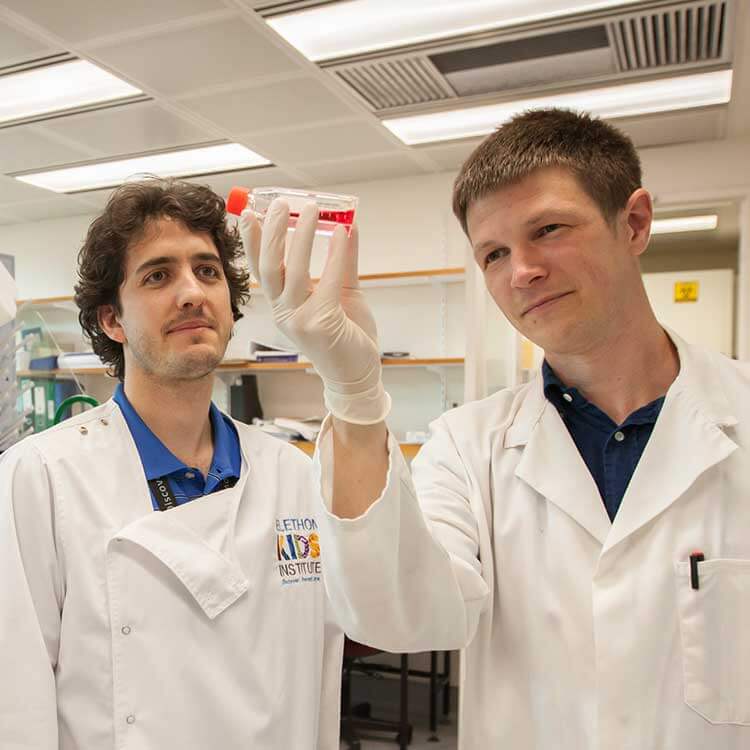Search

Research
Toward homeostasis: Regulatory dendritic cells from the bone marrow of mice with inflammationInflammatory mediators from peripheral tissues may control dendritic cell (DC) development in the bone marrow.
Research
Nasal Delivery of Haemophilus haemolyticus Is Safe, Reduces Influenza Severity, and Prevents Development of Otitis Media in MiceDespite vaccination, influenza and otitis media (OM) remain leading causes of illness. We previously found that the human respiratory commensal Haemophilus haemolyticus prevents bacterial infection in vitro and that the related murine commensal Muribacter muris delays OM development in mice. The observation that M muris pretreatment reduced lung influenza titer and inflammation suggests that these bacteria could be exploited for protection against influenza/OM.
Research
Boosting airway T-regulatory cells by gastrointestinal stimulation as a strategy for asthma controlThe hallmark of atopic asthma is transient airways hyperresponsiveness (AHR) preceded by aeroallergen-induced Th-cell activation.

The Pregnancy and Early Life Immunology team's overall research vision is targeted towards understanding immunological development during early life.
Research
Epigenetic changes underpinning allergen sensitization: a twin-based studyWe are studying immune cells from identical twins of which one suffers and one does not suffer from allergic disease to identify specific mechanisms that may play important roles in disease development.
Research
Allergen Specific IgE is a Stronger Predictor of Remission Following Peanut Oral Immunotherapy Than Age in Children Aged 1–10 YearsRemission is the desired outcome following OIT as it allows individuals to discontinue treatment and eat the allergen freely. Early initiation of OIT in infants and toddlers has been embraced as an approach to increase the likelihood of remission. However, there is no high-quality evidence supporting younger age as an independent factor driving remission; available studies are limited by small samples of younger subjects and lack of adjustment for confounding covariates, particularly peanut-specific IgE (sIgE) levels which is closely cor
Research
Immunoinflammatory responses to febrile lower respiratory infections in infants display uniquely complex/intense transcriptomic profilesthe association between infant LRTI and risk for persistent wheeze/asthma in this cohort is generally stronger for fLRTIs than for other infection categories
Research
Single cell transcriptomics reveals cell type specific features of developmentally regulated responses to lipopolysaccharide between birth and 5 yearsHuman perinatal life is characterized by a period of extraordinary change during which newborns encounter abundant environmental stimuli and exposure to potential pathogens. To meet such challenges, the neonatal immune system is equipped with unique functional characteristics that adapt to changing conditions as development progresses across the early years of life, but the molecular characteristics of such adaptations remain poorly understood.
Research
LPS binding protein and activation signatures are upregulated during asthma exacerbations in childrenAsthma exacerbations in children are associated with respiratory viral infection and atopy, resulting in systemic immune activation and infiltration of immune cells into the airways. The gene networks driving the immune activation and subsequent migration of immune cells into the airways remains incompletely understood. Cellular and molecular profiling of PBMC was employed on paired samples obtained from atopic asthmatic children during acute virus-associated exacerbations and later during convalescence.
